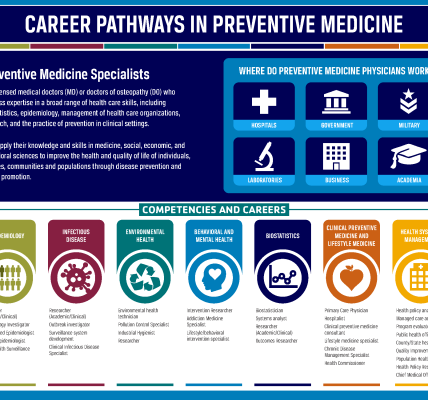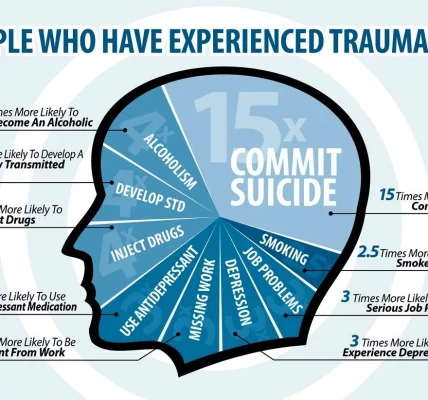Medical treatments are the interventions used to diagnose, treat, and prevent illnesses. These treatments can range from simple lifestyle changes to complex surgical procedures. The choice of treatment often depends on the specific condition, its severity, and the patient’s overall health.
Common Medical Treatments
- Medication: Prescription drugs are used to treat a wide range of conditions, from infections to chronic diseases.
- Surgery: Surgical procedures involve cutting into the body to treat various medical conditions.
- Therapy: Therapies, such as physical therapy, occupational therapy, and speech therapy, help patients improve their physical and cognitive function.
- Radiotherapy: Uses high-energy radiation to kill cancer cells.
- Chemotherapy: Uses drugs to kill cancer cells.
- Immunotherapy: Stimulates the immune system to fight cancer and other diseases.
Choosing the Right Treatment
The decision to undergo a particular treatment is a complex one, and it often involves several factors:
- The Underlying Condition: The nature of the condition and its severity will determine the most appropriate treatment.
- Patient Factors: Factors such as age, overall health, and personal preferences can influence treatment choices.
- Risk-Benefit Analysis: Weighing the potential benefits of a treatment against its potential risks is crucial.
- Healthcare Provider Recommendations: A healthcare provider can provide expert advice on the best treatment options based on the patient’s individual needs.
The Role of Technology in Medical Treatments
Advancements in medical technology have revolutionized the way diseases are diagnosed and treated. Some of the latest technologies include:
- Robotic Surgery: Minimally invasive surgery using robotic arms controlled by a surgeon.
- 3D Printing: Creating custom implants and prosthetics.
- Genetic Testing: Identifying genetic mutations that may predispose individuals to certain diseases.
- Telemedicine: Remote delivery of healthcare services, including consultations and monitoring.
By staying informed about the latest medical advancements and working closely with healthcare providers, patients can make informed decisions about their treatment options and optimize their health outcomes.




